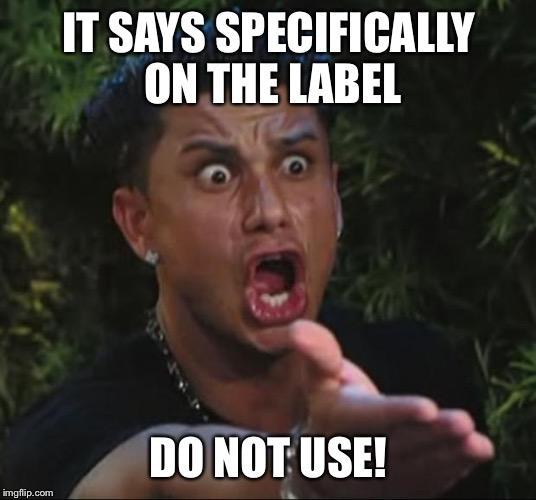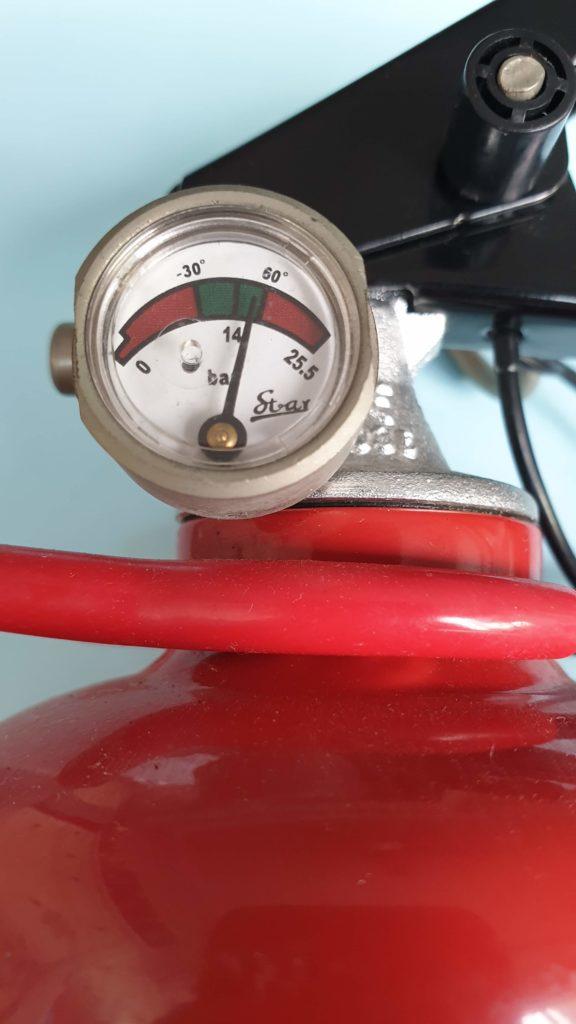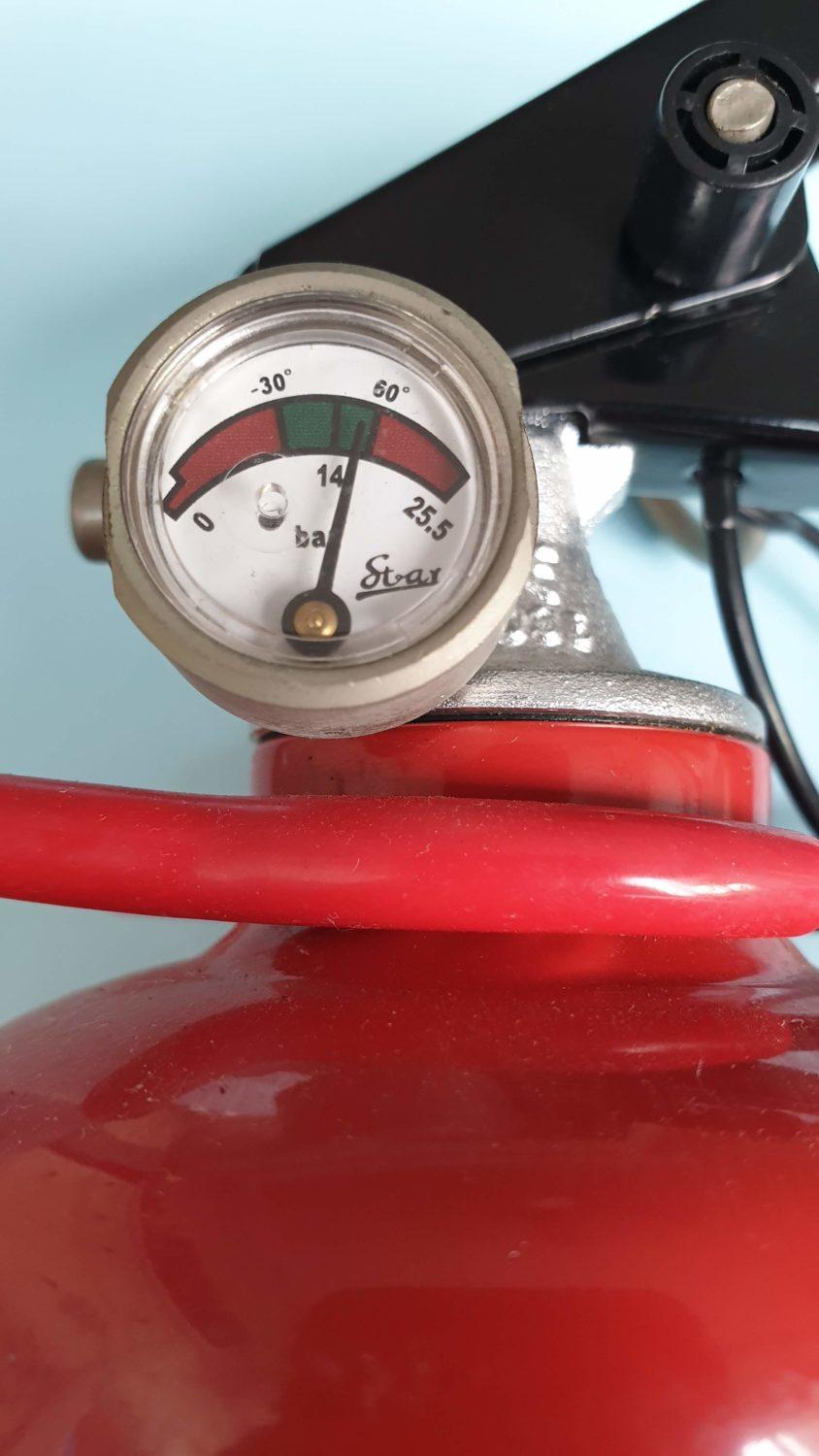
Trick question? Obviously owning a fire extinguisher is to use it in times of fire, or is it?
While a fire extinguisher at home is a protection against unfortunate event of fire, it is not a be all and end all. There are indeed certain situations where your best course of action is to escape.
If it’s a YES to all 3 questions below, you have a good chance to suppress the fire. If you have a NO against any of the 3 questions, you should quickly run away from the fire to a place of safety instead of trying to put out the fire with the extinguisher.
- Are you taller than fire?
If you are taller than the height of fire, fight it with your fire extinguisher. If the height of the fire is already near your height, run as quickly as possible. It’s likely the fire of that height has been burning a while and has reached certain momentum to spread quickly. A portable fire extinguisher can’t fight that level of fire, even if it’s the right type of fire extinguisher. - Do you have the right type of fire extinguisher for the fire you are trying to fight?
You can never use a phillips head screwdriver to tighten a slotted screw. Likewise, there are different types/class of fires and different types/classes of fire require different fire extinguishers. Without the right type of fire extinguisher for the fire, your chance of suppressing the fire is close to zero. - Does the fire extinguisher have the right pressure?
If the fire extinguisher is not pressurized enough, there will not be enough pressure to effectively fight the fire. While fire extinguishers do vary by design, by and large, all of them would have some form of pressure gauge such as the one below. If the needle is in the green zone, you are good to try to put out the fire.
